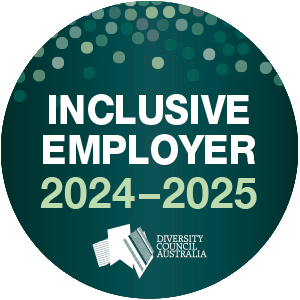Call us on 1300 766 491 or chat online (Live Chat bottom right)
It takes a lot of strength to acknowledge that there may be something wrong with your behaviour. This page explains what some of the next steps may be, and what the journey to becoming your best self can include.
Ask yourself:
- Have I ever shouted or screamed at a family member?
- Have I ever called a family member insulting or belittling names and constantly criticise them?
- Have I ever prevented my partner spending money for their personal use?
- Have I ever slapped, hit, pushed or shoved a family member – or threatened to?
- Have I ever scared my partner or children?
- Have I ever thrown something in my partner’s or child’s presence, such as a glass, a chair or tv remote?
- Have I ever pressured my partner into doing something sexual that they didn’t want to?
- Have I ever tried to stop my partner doing something that they wanted to do? (for example, going out with friends, having a job, doing some study)
Relationships have their ups and downs, with occasional disagreements or arguments. Most people will feel frustrated, disappointed or angry with a relative or partner at some point. But there is a difference between a healthy level of disagreement and using violence and control.
The Men’s Referral Service provides counselling and can help find longer term support to help you be the man, partner or father that you want to be.
If you answered yes to one of more of these questions, you should give us a call. Call us on 1300 766 491 or chat online (live chat below right)
Take responsibility
“If someone knocked on the door when I was pushing her around, I would instantly become Mr Nice Guy, but the second they left, I would start exactly where I had left off.” – Ian
We make choices about how we act all the time, but we aren’t always aware of making them. We sometimes choose to behave differently in different settings, with different people.
Some men say they ‘lost control’ or ‘just exploded’ when they have used violence against a partner or family member. But these same men usually don’t use violent or controlling behaviour against their boss, at their friends’ houses or when the police are around, even when they are feeling angry or frustrated.
Recognising this opens up the possibility that – with help – you can make the choice to always treat those you care about with respect.









